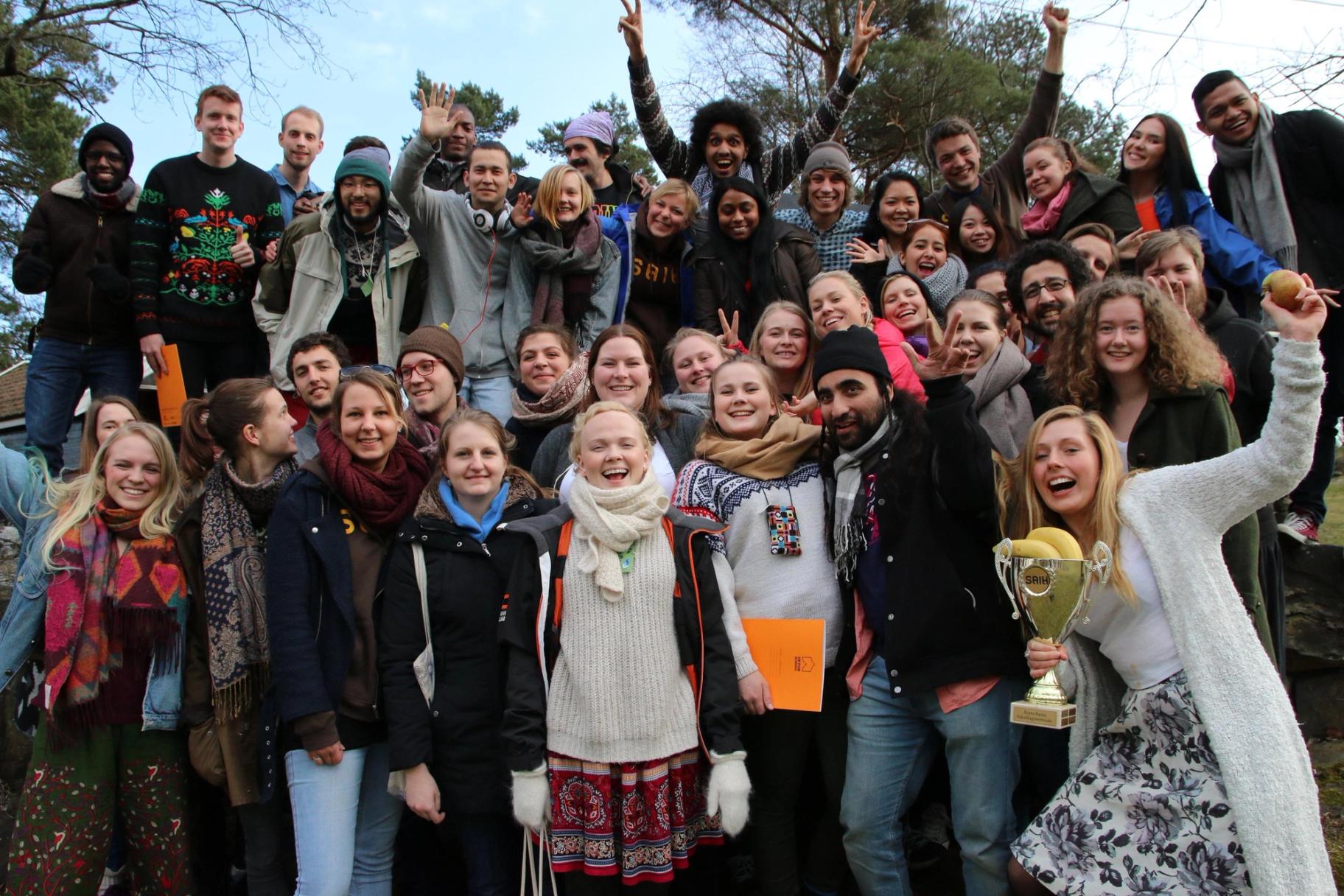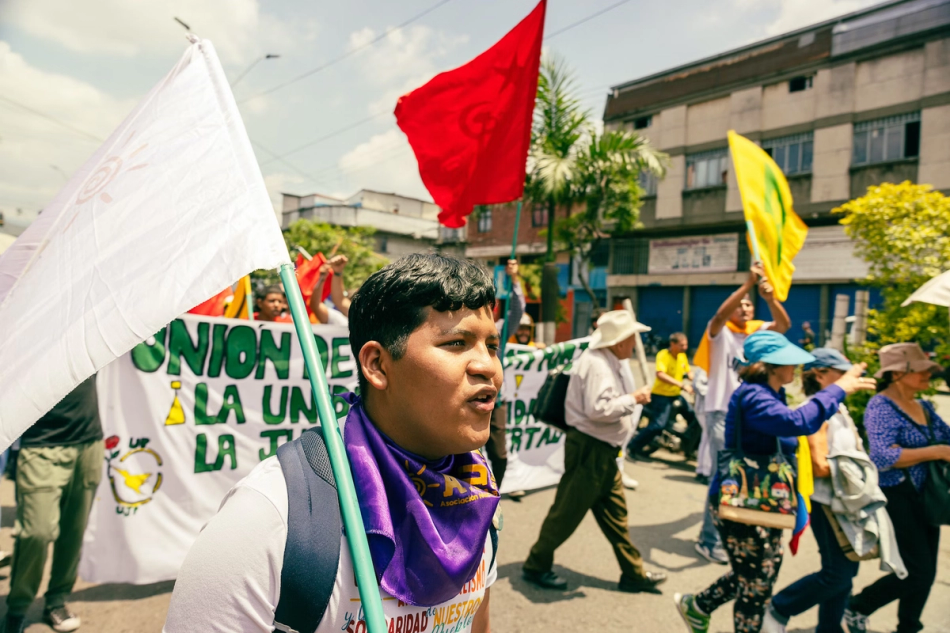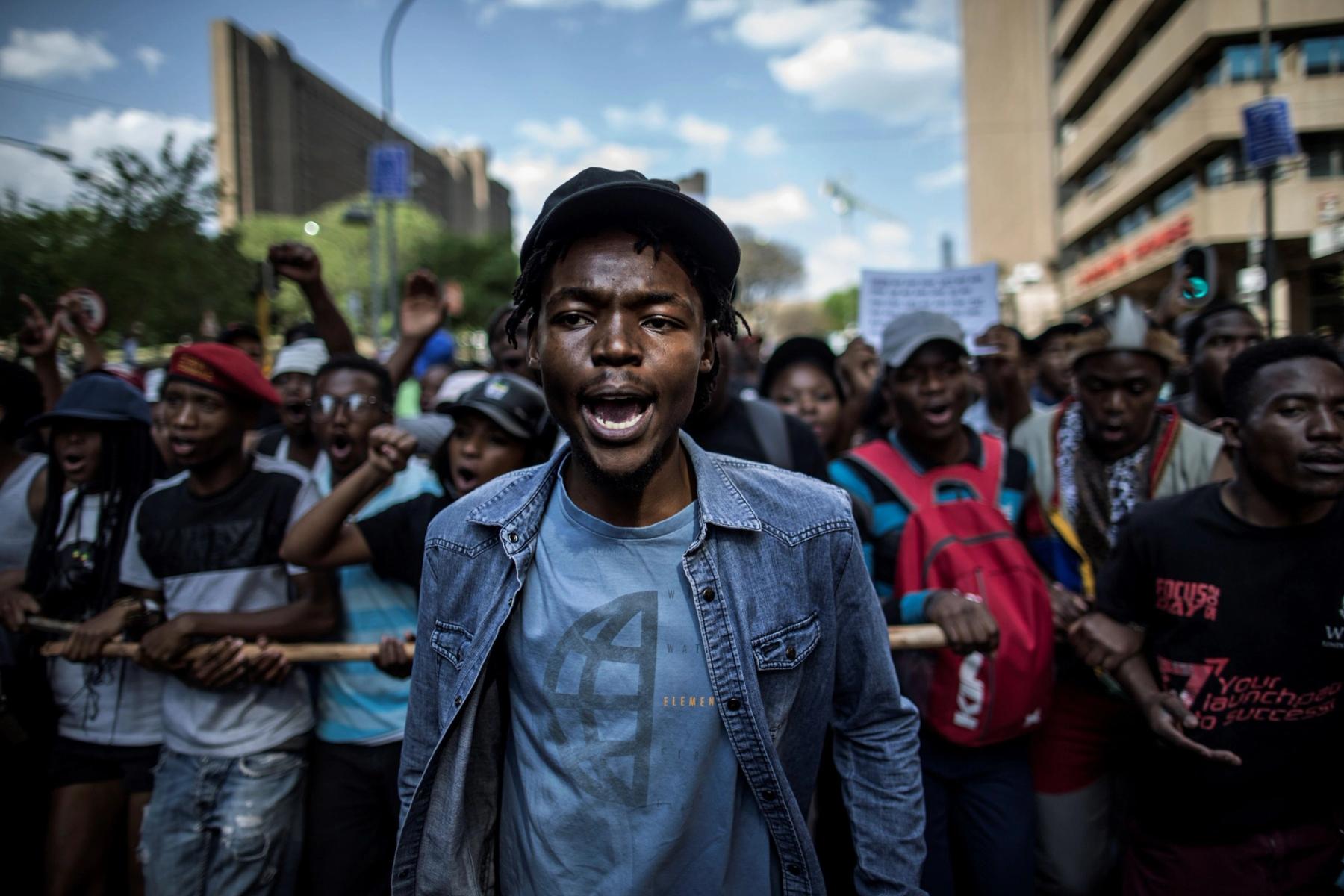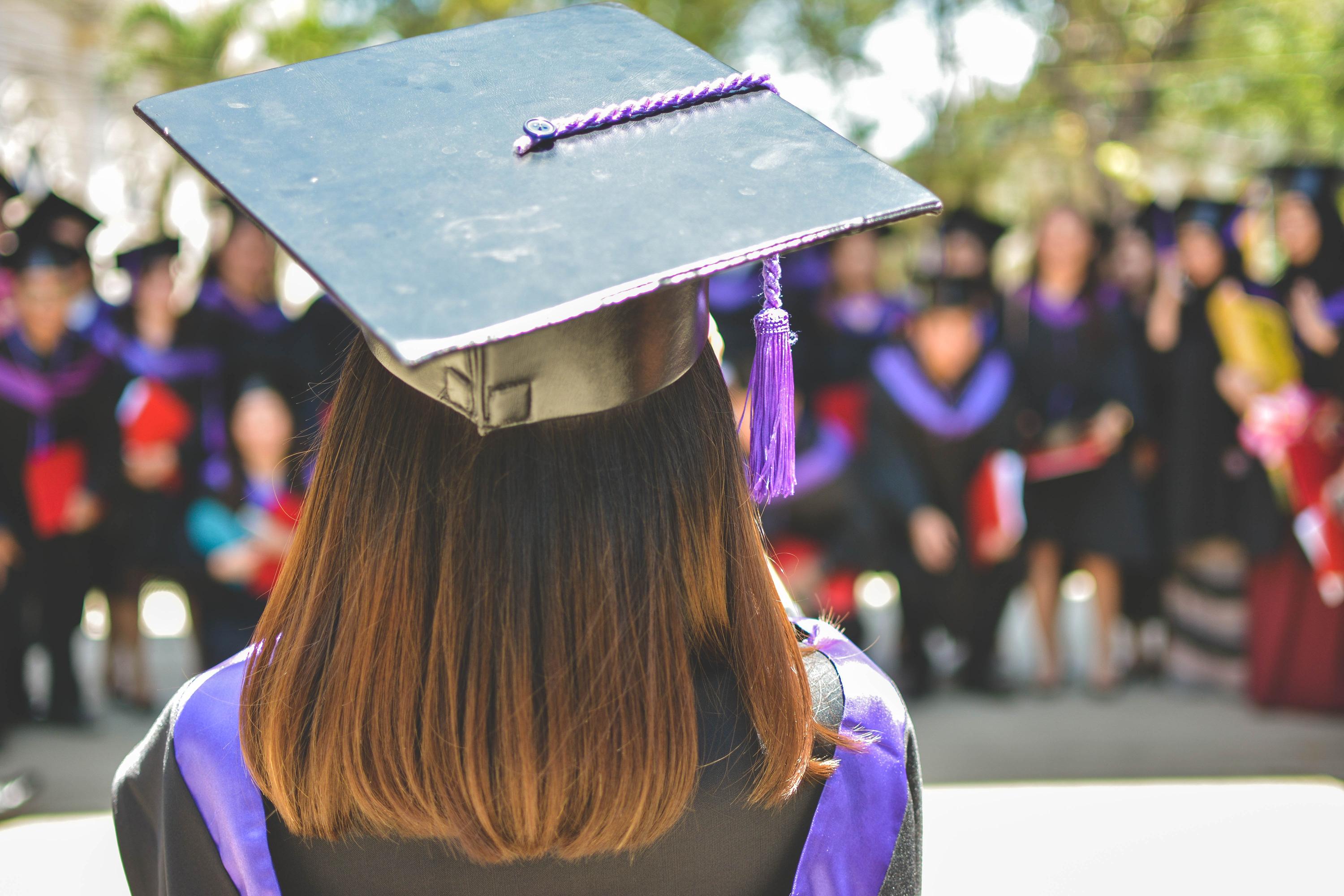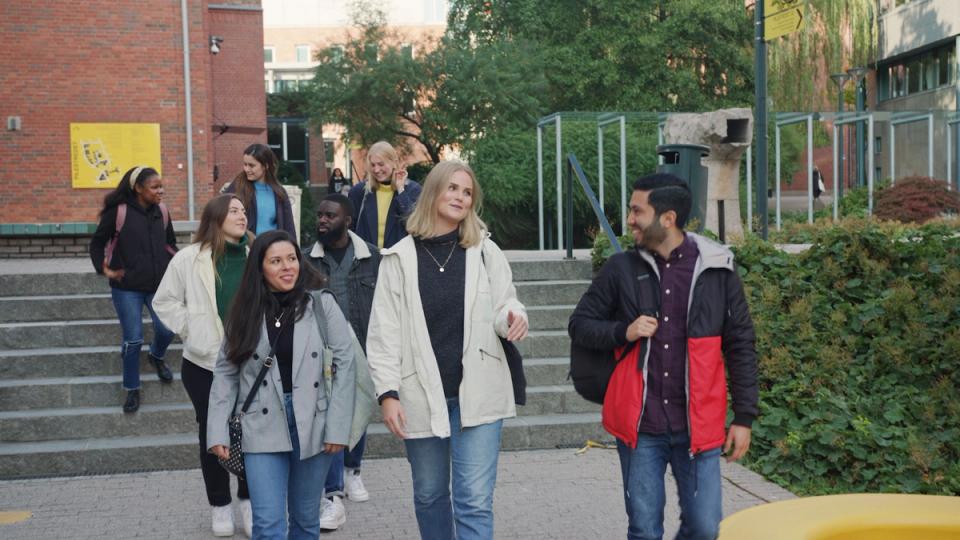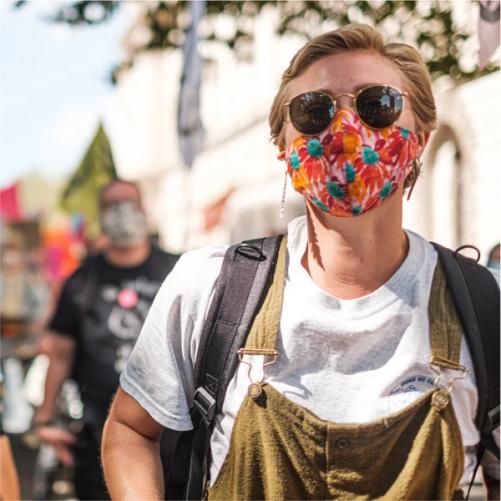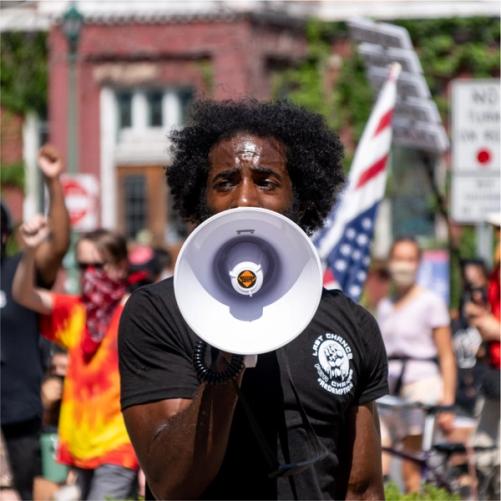News
Consultancy: Mapping of actors to protect students’ rights’ defenders
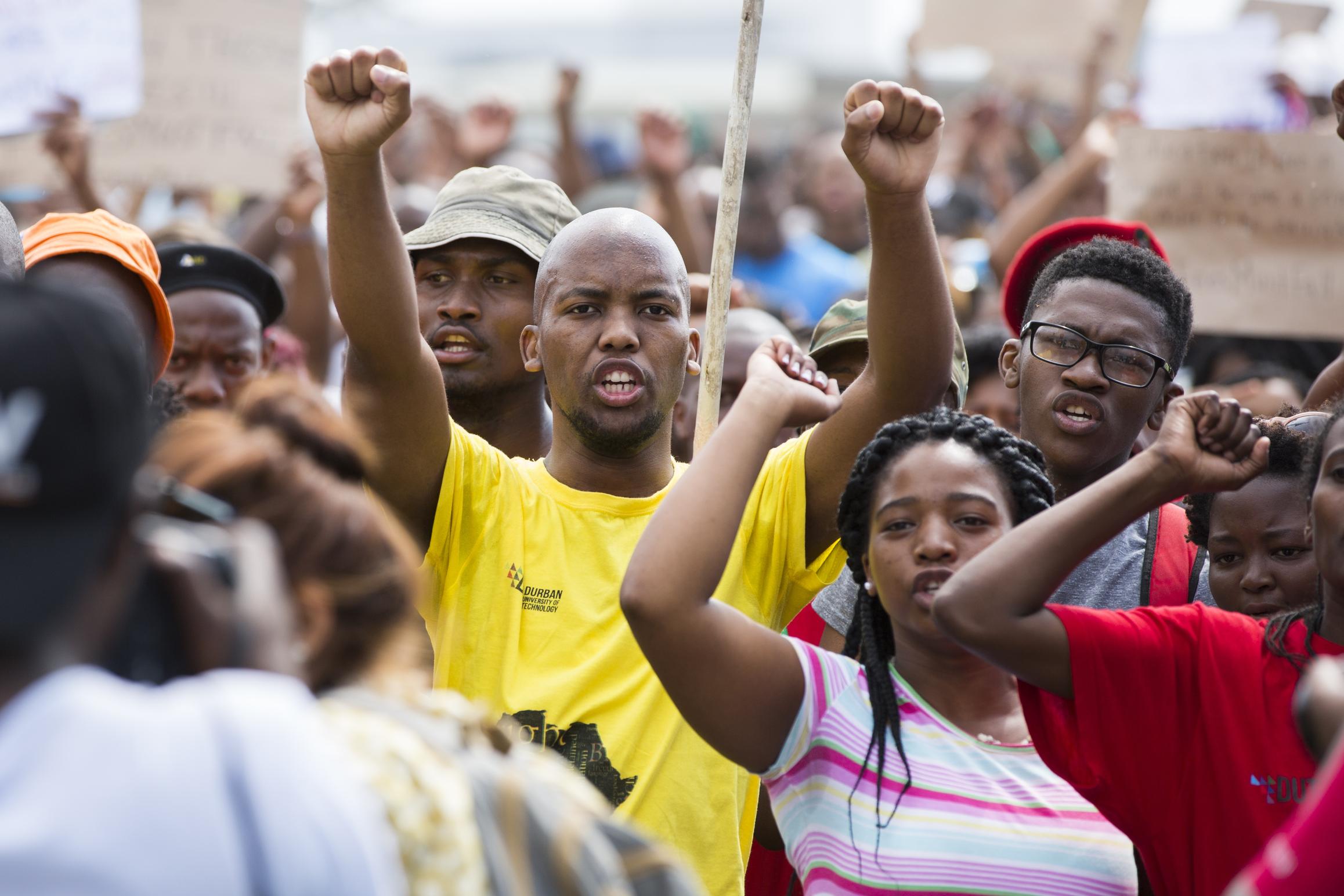
The Norwegian Students’ and Academics’ International Assistance Fund (SAIH) believe students can play a critical role demanding rights and holding decision makers to account. However, in some contexts, students are prevented from taking on this role, and many face criminalization and oppression.
Therefore, SAIH intends to engage in work to document violations against student activists, and to influence policy change to ensure their status and protection as human rights defenders. As outlined in this ToR, SAIH seeks a consultant to conduct a mapping and analysis of actors and initiatives who currently engages on these issues in order to determine potential linkages and alliances.
Organizational Background
SAIH is a Norwegian solidarity organization comprised of and working for students, teachers and academics, operating nationally and internationally with development cooperation, policy advocacy and campaigns. Established in 1961, one of our first missions was to support the anti-apartheid movement in South Africa. Since then, SAIH has collaborated with partners focusing on various issues pertaining to the protection and promotion of human rights and the right to education.
In Norway, SAIH has members from the student and academic sectors and is present at universities and colleges throughout the country through Local Chapters. Internationally, SAIH has around 35 established partnerships in 7 countries across Latin America, Southern Africa and Southeast Asia, including organizations representing students, teachers, civil society and higher education institutions. We have also built alliances with several regional and international student movements and human rights organizations.
SAIH's vision is that everyone has access to inclusive and quality education in a world with fair distribution, and without any violation of democracy and human rights. This vision is founded on a belief in “education for liberation”, drawn on Paulo Freire’s pedagogy, which emphasises the need for an education that creates critical and free thinking, reflection, dialogue and participation, as a tool for social change.
SAIH believes that every society has a collective responsibility for the education of their population, while the authorities of a nation have a primary obligation to ensure relevance, implementation, quality and accessibility of that education. SAIH considers quality education as key for increased political awareness, and that it strengthens the opportunities for democratic participation and co-determination, which are important prerequisites for justice and development in society. The genuine provision of quality education is linked to the freedom to research any topic and requires that freedom of expression and academic freedom be respected. SAIH believes that academic freedom is the right of students, academics and institutions to acquire knowledge without fear of reprisal. With quality education as a tool, individuals are enabled to challenge oppressive social structures in their society and work for a more just world.
SAIH’s core values, which underpins all our work, are solidarity, equality and non-discrimination, and democratic participation.
Project Background
In addition to managing our established partnerships and programs, SAIH has begun implementing the Student Activist Academy (SAA) project. SAA is an initiative carried out by SAIH to support and promotestudent movements and activists as key societal players and advocates for education and other rights, justice and democracy. Well organized, democratic, representative and resilient students’ movements not only have the potential to immensely contribute towards the quality, equality and inclusiveness of higher education, but can also impact the socio-economic and political conditions in their countries.
Students often raise their voices first against injustices, and are therefore frequently targeted and criminalised, especially in authoritarian regimes that crack down on critical actors. As such, SAA aims to increase visibility around the challenges faced by student activists through documenting human rights violations against students, and use data to create awareness and inform advocacy efforts.
A key component of this work has been the development of the Students Rights Monitor (SRM), a reporting mechanism and database for documenting violations against students. This work has been initiated as a response to an identified gap in concrete data on violations against students as a specific targeted group and developed in collaboration with SAIH’s partnerships with students’ unions and other organisations in Southern Africa and Latin America. Our goal is for the SRM to be used actively across countries and regions and form an important evidence basis for further work to shed light on the persecution of student activists globally.
SAIH recognises that many actors are involved in documenting attacks against students and other activists, as well as providing support (such as legal aid) to victims and engaging in advocacy. As such, it is essential that work around the SRM will be implemented in coordinated efforts with strategic alliances on the national, regional and international level.
To achieve these goals, SAIH intends to carry out a mapping exercise to assess existing efforts and identify relevant actors and new opportunities for collective action that can align with this work. The mapping will feed into a new advocacy strategy and the program concept development beyond 2021.
Objectives of the Consultancy
SAIH seeks a consultant to carry out a global mapping of relevant actors currently working to support the human rights of student activists in oppressive political contexts. This will include, but is not limited to, regional and international student organizations and unions, human rights networks, legal aid institutions, and civil society organizations that can contribute to monitoring students’ rights and support political advocacy initiatives. The mapping will systematize actors, networks and resources relating to work on a) documentation of students’ rights violations, b) support mechanisms for students facing intimidation and attack, and c) capacity strengthening and learning tools for student activists and advocates.
The findings of the mapping will be used in SAIH’s further implementation of the SAA project.
Tasks for the Assignment
1. Conduct a mapping of international and regional actors, networks and mechanisms that carry out work relating to:
- Documentation of rights violations against students and student activists
- Student-led organizations campaigning for students rights in higher education and human rights spaces
- Rapid response and other direct support mechanisms for students that are facing intimidation, arrests, torture, and other types of offences
- Legal aid and representation of student activists that are being detained, arrested or otherwise targeted
- Crisis and protection funds for student activists that are being attacked
- Information sharing and communication of students rights violations
- Lobbying and advocacy for the recognition and protection of students as human rights defenders
- Capacity building for students activists and rights defenders
The mapping shall contain a description of the focus and nature of these actors and mechanisms, any correlation between them, and an analysis of how they are relevant for SAIH and the Student Activist Academy.
2. Identify, through the mapping of regional and international actors, between 10-20 nation states of particular risk where students' rights are subject to increased risk of being violated, and identify actors at the national level involved in activities and work listed under point 1.
3. Conduct a mapping of training materials, resources and tools that are relevant and useful for student activists operating in high-risk contexts and for their advocacy work towards securing education and other human rights for young people in their contexts.
4. Identify international instruments, mechanisms and institutions that can be targeted to lobby and influence to improve the situation of targeted students.
Deliverables
- The consultant shall develop a plan and timeframe for this work that must be approved by SAIH before commencement.
- As part of the plan, the consultant must develop a format for the mapping exercise that includes relevant sections for information that will be gathered and analysis to be conducted.
- The mapping and any recommendations must be included in an internal report to SAIH where the findings are described and discussed as per above. The report will be used further in our internal work with the topic but may be shared with third parties and be used as a source of information in our communication work.
Timeframe
The timeline for the work to be conducted is between August and October 2021. A draft report will be submitted for internal feedback by an agreed date after the assignment is given. The final report is expected to be completed by the end of October 2021.
Budget
80 000 – 100 000 NOK
Profile
Applicants will be evaluated on knowledge of, and experience in, conducting research and leading similar analyses.
Desired Knowledge/Expertise:
- Knowledge and understanding of mechanisms for documenting and protecting human rights defenders, particularly at the regional and national levels.
- Knowledge of international legal frameworks that encompass the rights of activists.
- Solid understanding of the dynamics, issues and trends in human rights activism, with a particular emphasis on students’ activism.
- Contacts within national and/or regional networks working on education rights, especially labour/teacher/students’ unions.
- Good understanding of civil society, non-violent activism and advocacy work in challenging political contexts and under oppressive regimes.
- Proven experience with similar projects – either research or consultancies – writing reports, analyzing and contextualizing information.
- Proficient in written and spoken English. Ability to work in Spanish is an asset.
- Strong analytical skills.
Proposal
Interested candidates should send a proposal for the assignment to christian.bull@saih.no before August 16 with the subject ‘Consultancy Mapping’. Questions can also be directed to the same address.
Submissions should contain:
- A profile of the consultant(s) including a letter of motivation, CV with traceable references and copies of/links to previous writing and published materials.
- A draft methodology, as well as a brief description, workplan and timeline for how the applicant understands and plans to carry out the assignment.
- The methodology and work plan may include proposals to limitations of the scope of the assignment as the applicant may see fit.A budget for the assignment outlining professional fee and other associated costs.
